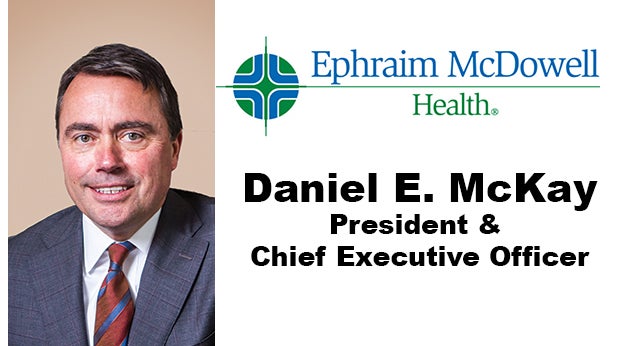Drained & anxious: stress after COVID-19
Published 8:01 am Wednesday, April 7, 2021
We all know that feeling, the sense you are so drained you can feel yourself shutting down due to one word – stress.
Stress is considered the number one proxy killer in today’s society, causing heart problems, digestive disorders, weight gain, muscle tension, behavioral disorders, and dependencies on drugs and alcohol. One year after the World Health Organization declared a worldwide pandemic concerning COVID-19, it’s no surprise that a majority of individuals across the globe have reported various issues concerning stress, many of which are at elevated levels when compared to previous years.
April is Stress Awareness Month. However, stress should be taken seriously twelve months out of the year, not just for 30 days each spring.
Symptoms of stress have been proven to cause worsening health conditions if left unrecognized and untreated. Considering most recent statistics, stress is an ever-present and silent danger in most American’s lives and has only grown more harmful since the onset of COVID-19.
A little over one year later, and the majority of adults in our nation have reported several elevated issues due to stress. Some are undesired weight changes and mental health issues. Essential workers have said they’ve leaned on unhealthy habits to cope with working during the pandemic. Even now, with a hopeful end in sight, Americans are stating they feel unsure about their future, despite the COVID-19 vaccine now being available.
So how can we adopt a positive mindset and figure out a coping solution to reduce our stress and get back to living a more stress-free life?
For starters, it begins with just that, a positive mindset. Surround yourself with positive people, find the good in every moment and avoid focusing too much on your current situation if it’s causing you an elevated burden.
Eat for your well-being, because it’s been proven that a healthy mind is nourished from the inside out. Get a good night’s sleep, seven to nine hours is recommended. Get up and get moving to combat stress, as exercise is a great mood booster. Master your time, at home and in the office, and don’t be a slave to technology as increased screen time causes weight gain, a sedentary lifestyle, lack of sleep, and generally produces poor eating habits.
Finally, learn to say no. If a situation, event, or added workload causes you to become anxious and stressed out, be OK with saying so, and find a better alternative that suits your well-being, mentally and physically.
We’ve said it from the beginning, we’re all in this together. Some of us have been affected more than others, but in a sense, we are all battling stress at some level, even if every one of our individual stages looks different.
This month, put down the extra stress in your life that you can afford to live without, practice some stress-reducing habits to help manage factors beyond your control, and breathe a little lighter moving forward into hopefully a more stress-free future.
Daniel McKay is president and CEO of Ephraim McDowell Health.






